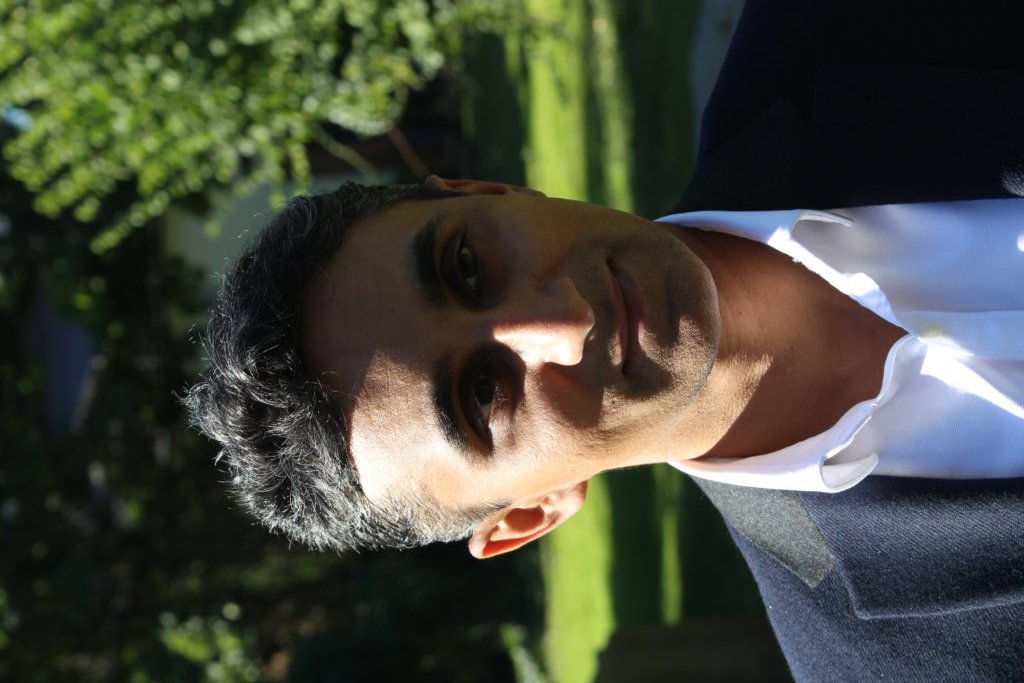
This week we’re going back to India (check it out on the map!), more specifically to Mumbai. Vaseem Khan takes us there with his story, The Unexpected Inheritance of Inspector Chopra (A Baby Ganesh Agency Investigation). The way he talks about the setting sure makes me want to read it!
 How did the setting of your story impact your writing?
How did the setting of your story impact your writing?
The Unexpected Inheritance of Inspector Chopra (Book 1 in the Baby Ganesh Agency series) is a murder mystery set in the city of Mumbai featuring Inspector Ashwin Chopra (Retd), and his sidekick, a one-year-old baby elephant named Ganesha. Setting the story in Mumbai, a city that I lived in for 10 years, meant that I could take readers on a journey to the heart of modern India, a vibrant, congested, colourful, noisy, and truly exotic environment, a place where the impossible becomes merely improbable – I mean, where else could I cast an elephant as a crime-fighting sidekick?
How or why is the setting important to who your character is?
Mumbai is the city of dreams. People come to Mumbai to make their fortune, to become famous on the sets of the world’s most prolific movie industry – Bollywood, to start tiny businesses in the city’s slums. Chopra, a policeman for 30 years, sees the city with a policeman’s eyes; he see both the light and shadow in the city he loves. He is a man who possesses an innate sense of justice, and cares deeply about the social ills that plague his country. I try and weave these gritty social realities into the series.
Which location did you enjoy writing the most in your story? Why this one?
The Dharavi slum. When I first arrived in Mumbai every aspect about the city was an assault on the senses. I’ve tried to encapsulate this in my book. However, soon I began to see that there were aspects of this amazing place that required me to take a closer look. My first trip to the Dharavi slum left me open-mouthed. Poverty is endemic here, but what is worse is the acceptance of poverty, of poor sanitation, of limited medical facilities, of all the things we take for granted in the West. I enjoyed showcasing the slum because what also struck me was how hope continued to flourish there.
When you visited France, which location did you prefer? Why?
Paris. Specifically The Louvre. Not for the Mona Lisa but for everything else there! What an incredible treasure trove!
What do you think would be the greatest cultural shock for a Frenchman who visited the location of your story?
A French colleague of mine visited India for the first time recently. He had read my book in which I’ve tried to give a feel for what India looks like, sounds like, smells like, feels like and even tastes like, but he was still unprepared for the sheer reality of life there. Living in Mumbai is like living inside the brain of a mad scientist. Ideas are firing in an endless cannonade, spinning off to become a trillion new microcosms of reality, giving the city its kaleidoscopic shape and form. The writer Julius Sands once said: “The thing about Mumbai is that you can go five yards and all of human existence is revealed.” I agree with him, and so does my French friend!
Please note that Amazon links are affiliate links. You’ll pay the same price for anything you order, but I will earn a small commission.
